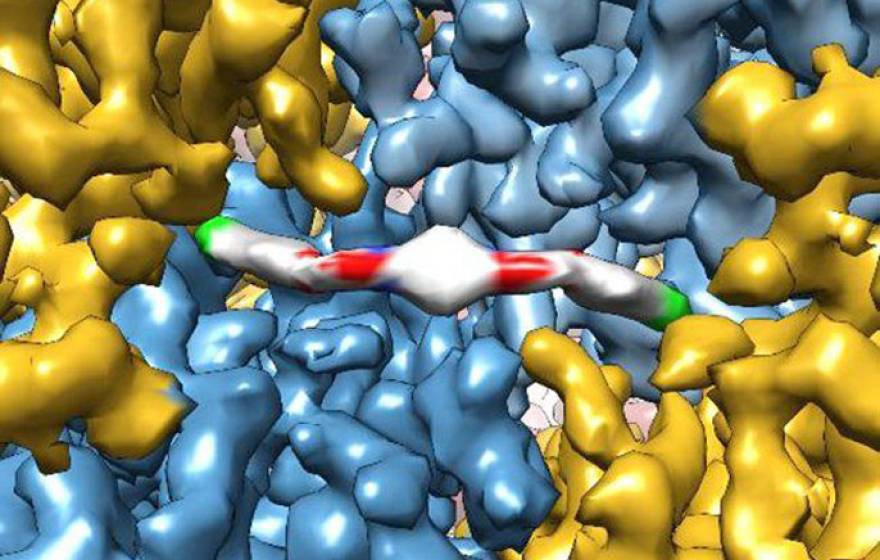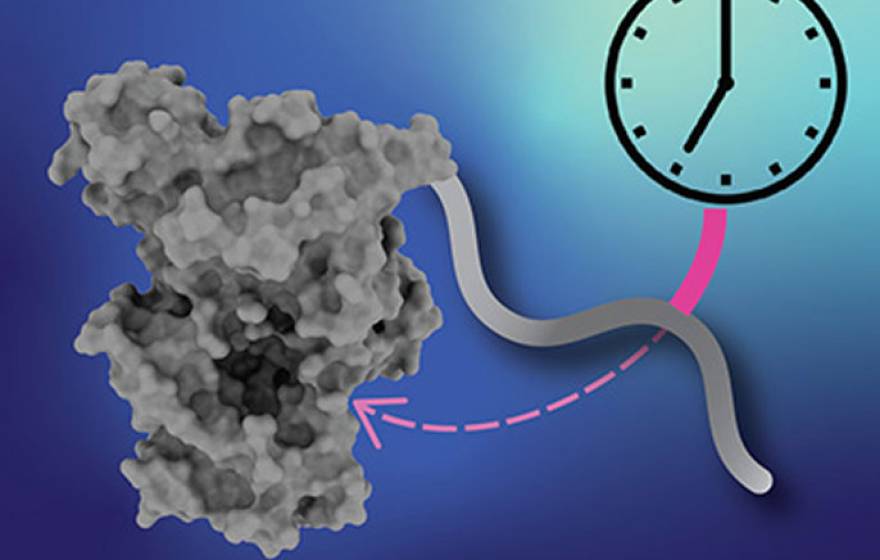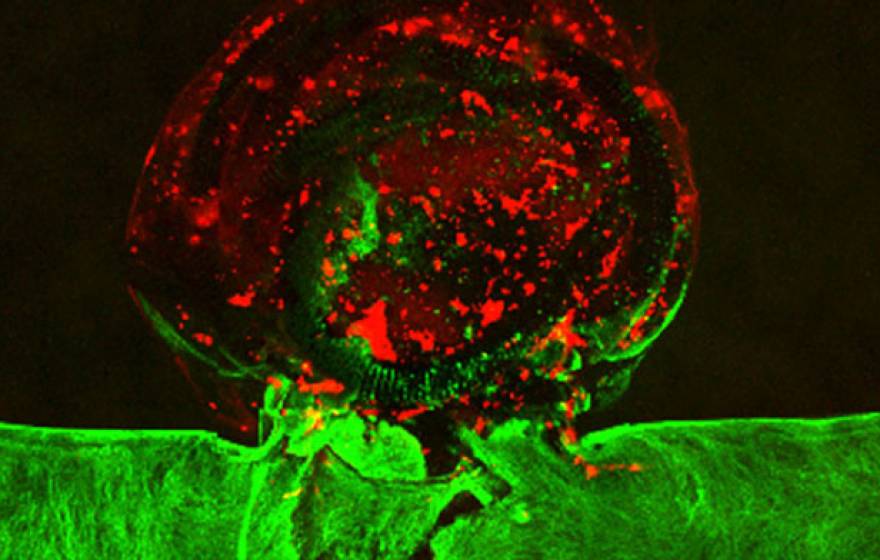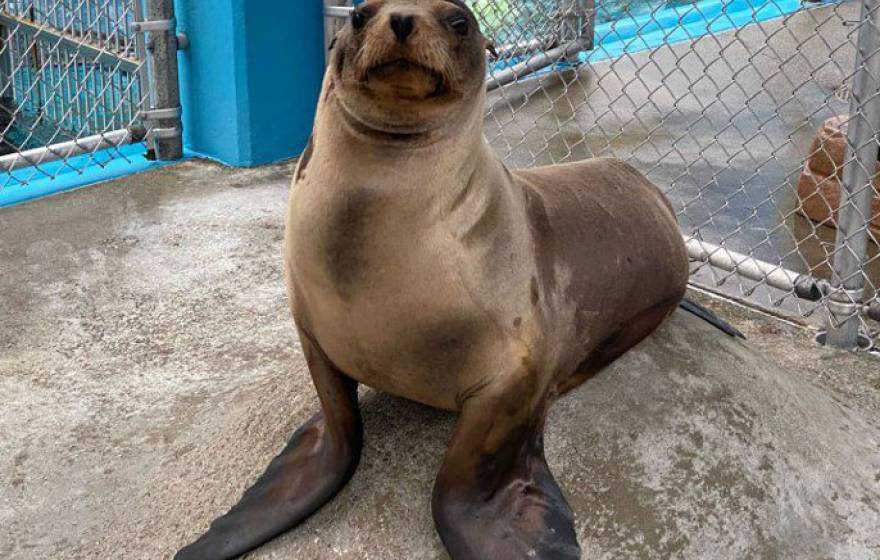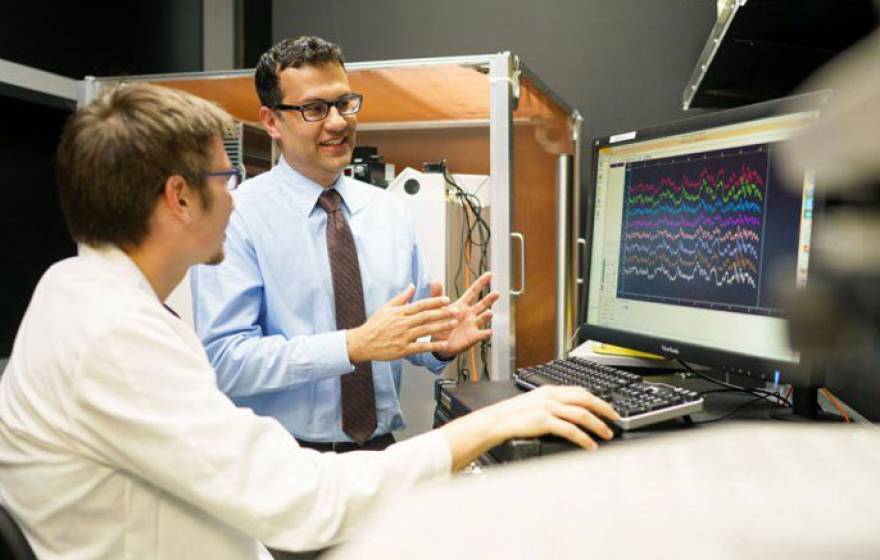At a time when nativism is on the rise, a new study reveals the universality of human emotional expression.
Drug reverses age-related mental decline within days
Rapid rejuvenation in mice suggests physiological — and removable — blockages may be behind certain cognitive issues.
The science of what uncertainty can mean for your mind and body
The stress of uncertainty, especially when prolonged, is among the most insidious.
Scientists discover how a common mutation leads to ‘night owl’ sleep disorder
A small change in our biological clocks lengthens the clock period, causing people to stay up late at night and sleep late in the morning.
Understanding the partisan brain
A new study shows a never-before-seen glimpse of how political polarization looks in our brains.
Lab team develops first-ever living 3D-printed aneurysm to improve surgical procedures, personalize treatments
The replica represents a significant step in developing better care for the 1 in 50 Americans who will suffer from brain aneurysms.
How a UCSF team is giving Cronutt the sea lion a second chance with neuroscience
Cronutt, a sea lion suffering from toxic algae-induced epilepsy — a problem on the rise due to climate change — gets a shot at a better life.
Why you should never feel guilty about getting a good night’s sleep
UCLA researchers behind a new study on the human brain say ‘sleep is as important as food.’
How we sleep today may forecast when Alzheimer’s disease begins
Get some more sleep — deep, restorative slumber may defend against virulent dementia.
First ‘plug and play’ brain prosthesis demonstrated in paralyzed person
In a significant advance, researchers have developed a way to make prosthetics ‘learn’ better from the brains that control them.
Autism therapy in the palm of your hand
A mobile app will provide motivation-based autism treatment for families.
Older adults who can really smell the roses may face lower likelihood of dementia
Sensory perception in old age may be linked to cognition, UCSF study shows.

